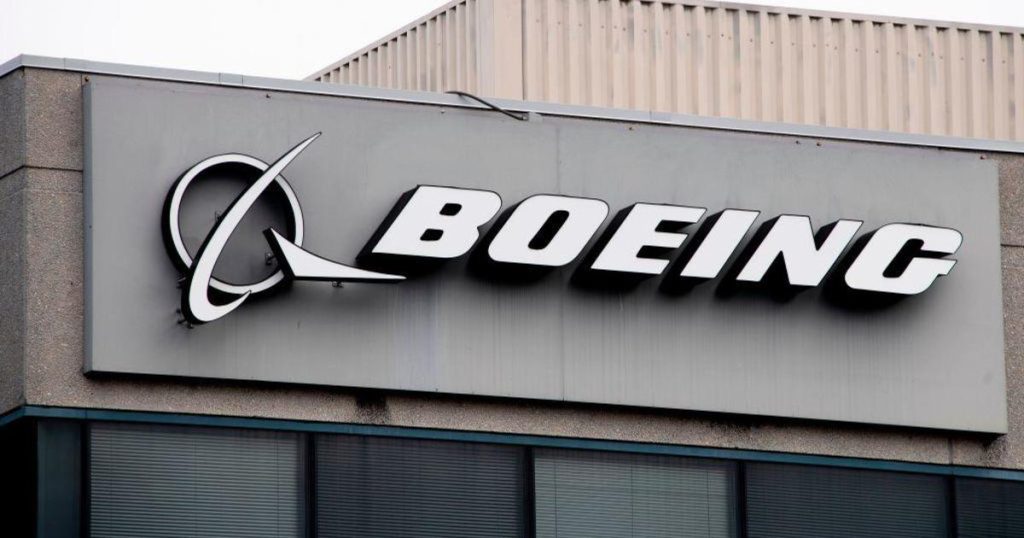Boeing’s response to the Justice Department’s claims comes as the aircraft manufacturer faces ongoing scrutiny over its handling of the two fatal 737 Max crashes that occurred in 2018 and 2019. The crashes resulted in the deaths of 346 people and led to the grounding of the 737 Max fleet worldwide. Boeing has faced criticism for its role in the accidents, with investigations revealing design flaws in the aircraft’s software and inadequate pilot training. The deferred prosecution agreement reached in 2021 was seen as a way for Boeing to avoid criminal charges related to the crashes by agreeing to certain conditions. However, the recent dispute between Boeing and federal prosecutors highlights the challenges faced by the company in meeting those conditions.
The disagreement between Boeing and the Justice Department centers on the company’s compliance measures and ethics program, which prosecutors allege were insufficient. Boeing, on the other hand, maintains that it has upheld its end of the agreement and disagrees with the prosecutors’ assessment. The company’s response to the claims was submitted to a federal judge in Texas, who is overseeing the case. The outcome of this dispute could have far-reaching implications for Boeing, as it seeks to rebuild its reputation and regain public trust following the 737 Max crashes. The company’s handling of the deferred prosecution agreement will be closely watched by regulators, investors, and the public as it navigates the ongoing fallout from the accidents.
The recent incident involving an Alaska Airlines Boeing 737 Max 9, where the cabin door blew out minutes after takeoff, has raised further questions about Boeing’s compliance with the terms of the deferred prosecution agreement. Prosecutors are reportedly looking into whether this incident may have violated the agreement and could potentially lead to criminal charges being brought against the company. Boeing’s spokesperson declined to comment on the specifics of any communications with the Justice Department, but emphasized that the company remains committed to engaging transparently with the Department. The resolution of this dispute will be crucial in determining Boeing’s future trajectory and its ability to address the lingering concerns surrounding the safety of its aircraft.
In light of the ongoing challenges facing Boeing, including the recent dispute with the Justice Department and the incident involving the Alaska Airlines Boeing 737 Max 9, the company’s reputation and financial outlook remain uncertain. Boeing has been working to rebuild public trust and restore confidence in its products following the 737 Max crashes, but these efforts may be complicated by the current legal issues. The outcome of the deferred prosecution agreement dispute will likely have significant implications for Boeing’s business operations and its relationships with regulatory authorities and customers. It remains to be seen how the company will navigate these challenges and emerge as a stronger and more responsible corporate entity in the future.


